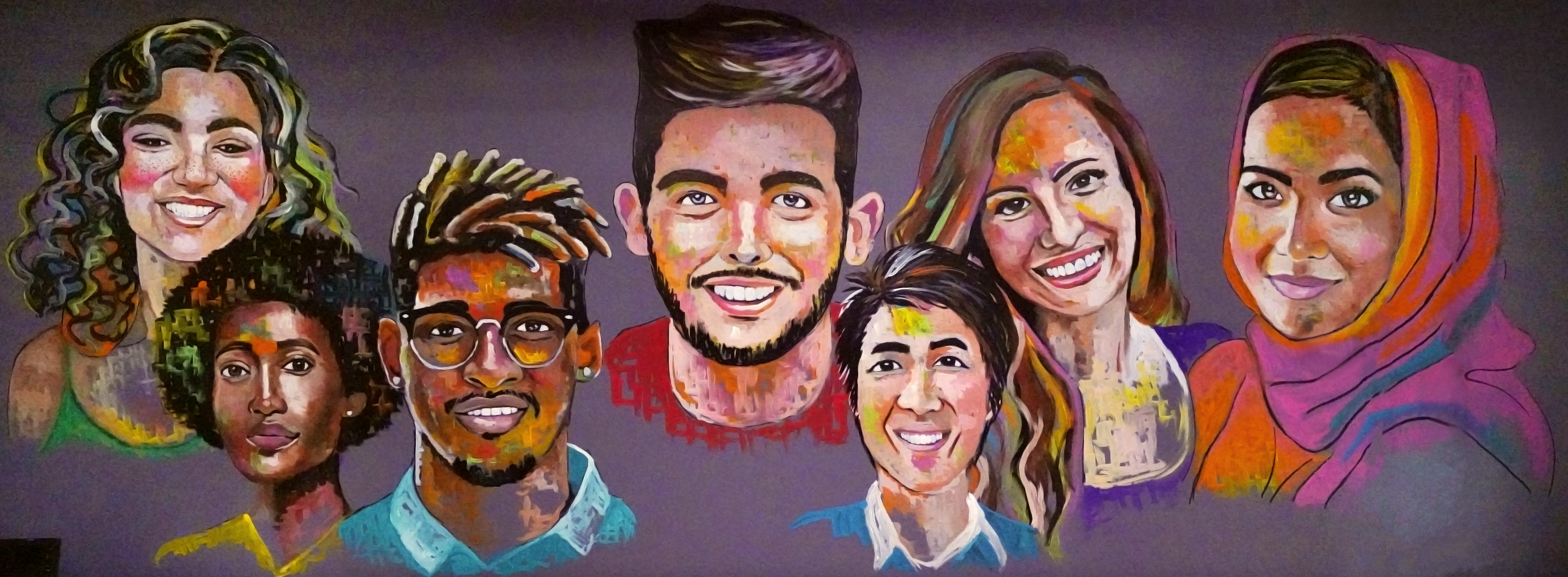The Hope Center for College, Community, and Justice and its partners have launched a federally-funded texting messaging study designed to assess whether students achieve greater academic success when provided with information about emergency aid, food and housing support during the pandemic.
The study uses a text-based system to provide 9,000 Dallas College students with timely and relevant information. At least half of community college students struggle with food and housing needs while pursuing their degrees, according to research by The Hope Center. The COVID-19 pandemic is making support services more critical as cash-strapped students as cash-strapped students are experiencing job losses, short falls in income, and increased basic needs insecurity.
The Improving Utilization of Non-Tuition Supports to Promote Community College Retention and Completion effort is supported by the Institute of Education Sciences (IES) enhancing work with College Completion Network.1 Partners include the college, Signal Vine, and Stanford professors Eric Bettinger, Shannon Brady, and Greg Walton. The focus on informational messages and elevated text conversations about support expands on previous work funded by IES.
The text campaign is the fourth research project undertaken by The Hope Center and Dallas College. It expands the center’s partnership with the college, where research already has assessed students’ needs, examined and expanded access to existing resources, and tested the efficacy of specific supports. It also builds on The Hope Center’s extensive work documenting undergraduates’ basic needs insecurity and the resulting impacts on health and wellbeing.
This pilot program uses two approaches. One set of texts simply provides information; the other offers empowering messaging and stigma-reducing language. The results will assist The Hope Center’s research team and its partners in determining if the texts can improve the use of support services, reduce basic needs insecurity, and improve academic success among #RealCollege™ students in the pilot group.
The Hope Center is redefining what it means to be a student-ready college, leading an action-based national movement centering on #RealCollege™ students’ basic needs. Food, affordable housing, transportation, childcare, and mental health are central conditions for learning. Without those needs met, far too many students leave college in debt and without degrees.
Finding effective ways to connect students with support services and sharing those findings with policymakers and practitioners is a goal of the study that aligns with The Hope Center’s mission.
1The research reported here was supported by the Institute of Education Sciences, U.S. Department of Education, through Grant R305A160400 to Temple University. The opinions expressed are those of the authors and do not represent views of the Institute or the U.S. Department of Education.


